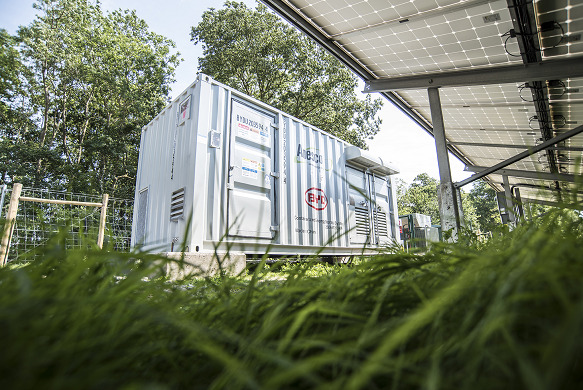Part nine of Current±’s series of predictions for 2020 continues features insight from Aceleron CEO Amrit Chandan and Madeleine Greenhalgh of Regen.
Amrit Chandan, CEO and co-founder, Aceleron
Electric Vehicle revolution
We are on the brink of a new energy revolution. The battery space will see a continuing reduction in the cost of lithium cells, largely driven by the automotive sector. The breadth of electric vehicles on offer to the general public has increased exponentially over the last few years and EVs are poised to revolutionise the way we use, store and interact with energy.
Increasing proliferation of off-grid energy storage
Falling prices of both solar and lithium battery storage will facilitate an increased uptake of off-grid energy storage, especially in developing regions such as sub-Saharan Africa. With over 1 billion people without access to energy, this electrification of people will see new rising economic centres in Sub Saharan Africa and will also provide a testing ground for next generation utilities, virtual grids and the democratisation of energy.
The circular economy is key
We must avoid the mistakes of the fossil fuel economy. We cannot continue to exploit finite resources to power our world and must consider the circular economy with batteries from the outset. It is a tragedy that current commercial recycling processes do not enable efficient recovery of lithium, another finite resource. Therefore, it is imperative that batteries are designed with remanufacturing, repaid, repurposing and recycling in mind.
Madeleine Greenhalgh, policy and advocacy manager, Regen/Energy Storage Network
Leadership in the net zero pursuit
2020 marks the first year of a decade to that all-important deadline of 2030 identified by the IPCC. We have a decade to make a difference, and we need radical action if we’re to achieve it. With a new Conservative majority in power, we know what to expect in terms of policy and there is much to be said for consistency in what has been a turbulent time for the industry.
There will be some key turning points next year: the net zero review from the Treasury will be a critical step to putting the machinery of government on a serious net zero footing, leadership from local authorities will step up, for example on EVs and social housing energy efficiency, as they start to publish and even deliver their climate emergency plans. One of the most important changes from senior leadership we will see is Ofgem taking on a concrete responsibility for decarbonisation.
Planning rule relaxation to bolster energy storage
In the storage world, we hope that the change to remove storage from the national planning regime will come through and we’ll start to see larger projects, over 50 MW, getting their planning applications in. Batteries will continue to dominate, but hopefully the Conservatives’ confidence in technology will result in investment in different types of storage technologies. We may also start to see the conversation about the mineral supply chain ramping up and perhaps leading to action.
If we’re to truly address the emergency we face, we will need more clarity from above and more ambition, but if that is not forthcoming, the industry needs to try and achieve that independently. The surge in Green voters shows that public appetite for action on the climate emergency is increasing and we must do our best to deliver for them.





